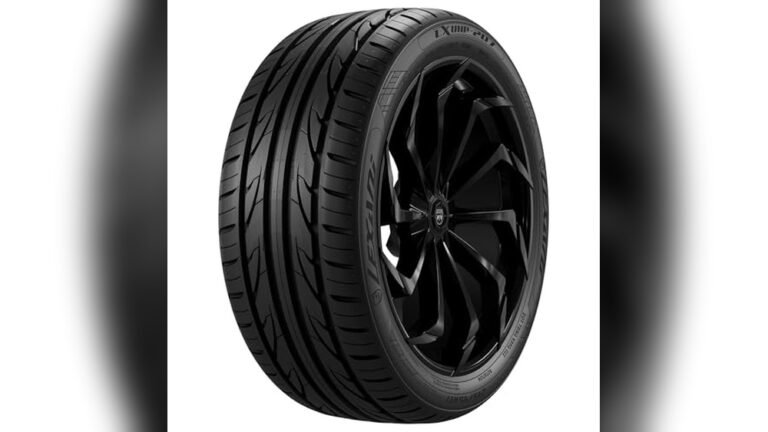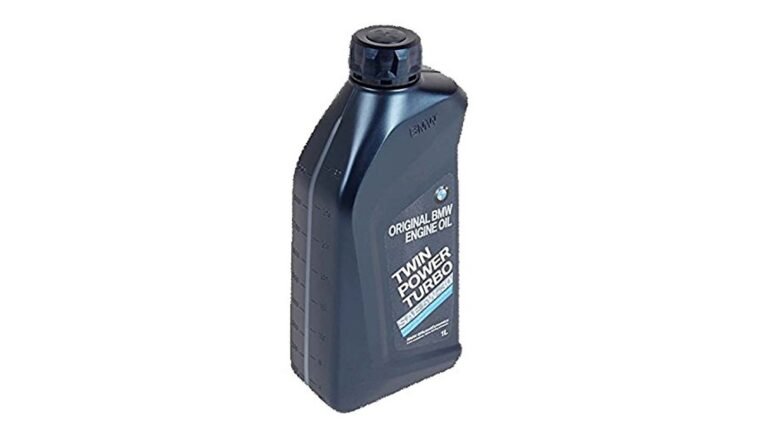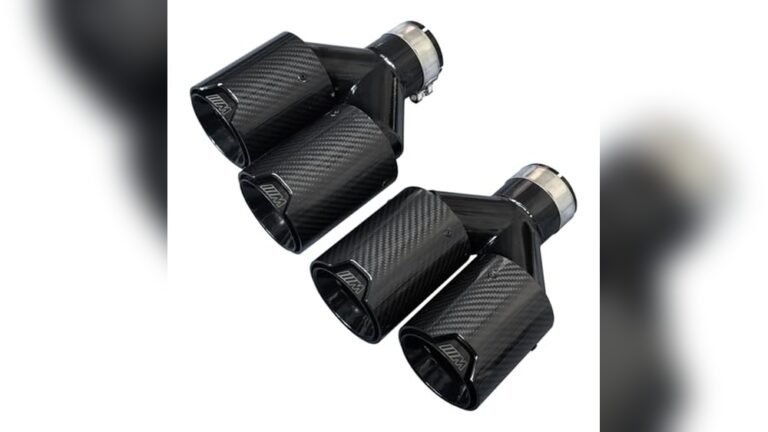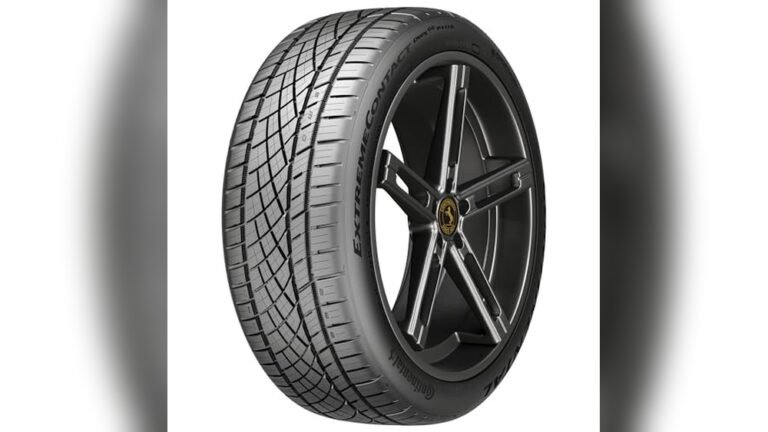If your BMW makes a rattling noise when accelerating, it may be due to a loose or damaged exhaust heat shield or a worn-out drive belt. Carefully inspect these components to identify and resolve the issue.
BMW cars are known for their exceptional performance and smooth ride. However, if you are experiencing a rattling noise when you accelerate, it can be quite concerning. This noise is often an indication of an underlying problem that needs attention.
We will explore the possible causes of a rattling noise in a BMW when accelerating and provide some guidance on how to rectify the issue. By understanding the potential culprits and taking necessary steps to address them, you can ensure your BMW continues to deliver a pleasant driving experience without any undue noise disruptions. So, let’s dive into the details and get to the bottom of the rattling noise in your BMW.
Understanding Bmw Rattling Noise When Accelerating
The BMW rattling noise when accelerating is a common concern among BMW owners. This noise can be disconcerting and may lead to potential issues if not addressed promptly. To better understand this issue, it is important to recognize the common characteristics of the noise and when and how it occurs.
| Common Characteristics of the Noise |
|---|
| The rattling noise is often described as a metallic or clanking sound coming from the engine or underneath the vehicle. |
| It may become more pronounced when accelerating, particularly during hard acceleration or when reaching higher speeds. |
| The noise may vary in intensity, ranging from a subtle rattle to a more noticeable and alarming sound. |
| It can occur in various BMW models, including the 3 Series, 5 Series, X3, X5, and others. |
The rattling noise is commonly experienced during acceleration, especially when the engine is under load. This may happen when accelerating from a complete stop, merging onto highways, or during sudden bursts of speed. It is vital to pay attention to the specific conditions under which the noise occurs, such as the speed, gear changes, and engine load, as this information can be helpful for diagnosis and potential resolution.
Diagnosing The Rattle Source
Diagnosing the rattle source in a BMW when accelerating can be essential in order to resolve the issue promptly. One possible cause of the rattle could be engine-related. This may occur due to loose or worn-out engine components such as belts, pulleys, or mounts. Another potential source of the rattling noise is vibrations within the exhaust system, leading to loose or damaged parts. It is also crucial to check for any loose components or fixtures throughout the vehicle, as these can create rattling sounds when the car is in motion.
Troubleshooting Steps
When experiencing a rattling noise in your BMW during acceleration, it is important to troubleshoot the issue promptly. Here are a few steps to help identify and resolve the problem:
| 1. | Inspecting belts and pulleys: | Check the condition of the belts and pulleys that drive the engine accessories. Look for any signs of wear or damage that may be causing the rattling noise. |
| 2. | Checking the timing chain tensioner: | Inspect the timing chain tensioner for proper operation and tension. A loose or malfunctioning tensioner can result in a rattling noise during acceleration. |
| 3. | Assessing the exhaust manifold: | Examine the exhaust manifold for any cracks or leaks. A damaged manifold can create a rattling noise when the engine is under load. |
By following these troubleshooting steps, you can pinpoint the source of the rattling noise in your BMW and take appropriate action to resolve the issue.
Common Culprits And Solutions
One common issue that BMW owners may encounter is a rattling noise when accelerating. There are several culprits that can cause this problem, but two of the most common are loose heat shields and faulty engine components.
Loose heat shields are thin metal plates that are designed to protect the undercarriage of the vehicle from heat generated by the exhaust system. Over time, these shields can become loose and start to rattle, especially when accelerating. The solution to this problem is relatively simple: tighten or replace the loose heat shields to eliminate the rattling noise.
Faulty engine components can also cause a rattling noise when accelerating. These components could include loose belts, worn-out pulleys, or damaged engine mounts. If any of these parts are worn or damaged, they may need to be replaced to resolve the issue. It is recommended to have a professional mechanic inspect the vehicle and determine which components need to be repaired or replaced.
Preventative Maintenance Tips
Regular vehicle inspections are crucial in identifying and addressing potential issues before they become more severe. By conducting inspections, you can catch problems like a rattling noise when accelerating early on, preventing them from worsening and causing further damage.
Timely oil changes are essential for maintaining the overall health and efficiency of your BMW. Old or dirty oil can lead to increased friction and wear, potentially causing rattling noises during acceleration. Regularly changing your oil helps ensure smooth engine operation and reduces the risk of unnecessary noise or more significant mechanical issues down the line.
Quality replacement parts play a vital role in addressing and preventing rattling noises during acceleration. When replacing parts, such as belts, pulleys, or engine mounts, opt for high-quality options that are specifically designed for your BMW model. Using genuine or reputable aftermarket parts can help minimize vibrations and rattling sounds, resulting in a more enjoyable and smoother driving experience.
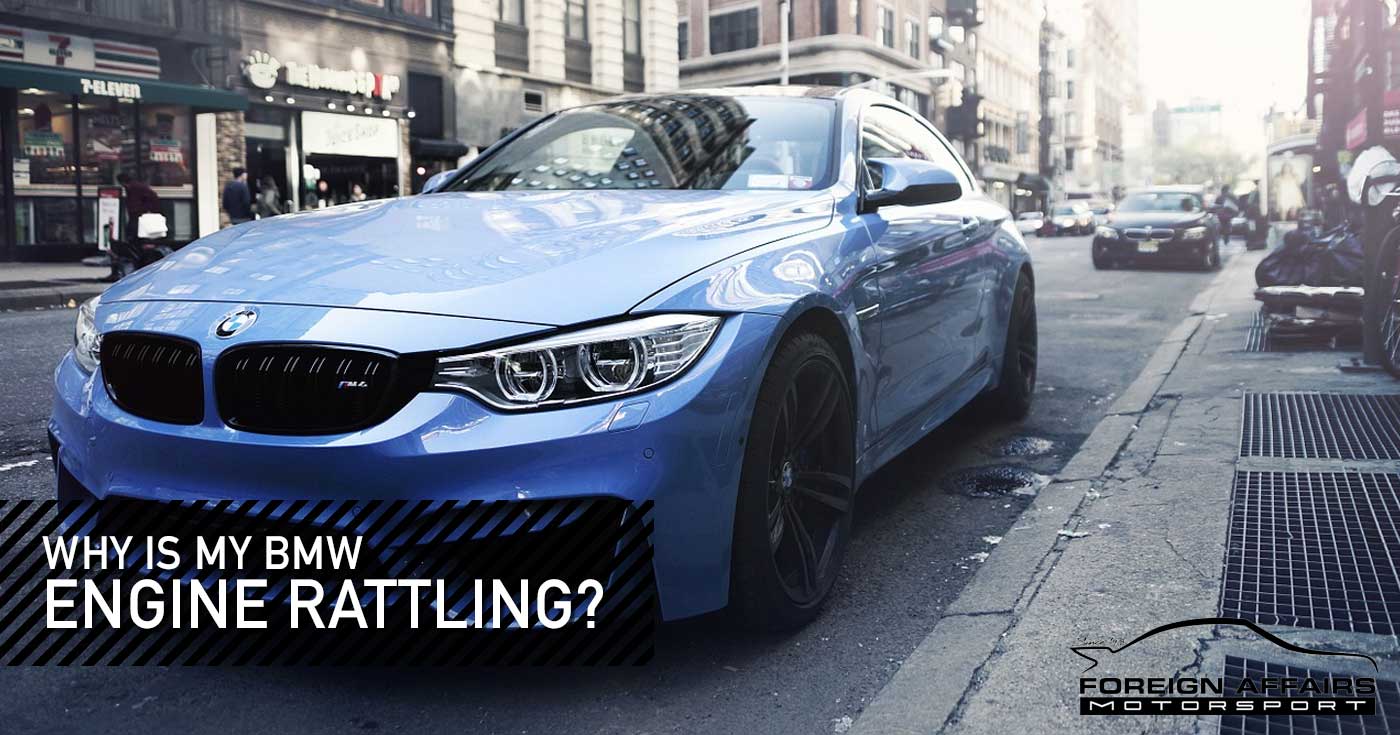
Credit: foreignaffairsmotorsports.com
Frequently Asked Questions Of Bmw Rattling Noise When Accelerating
Q: Why Is My Bmw Making A Rattling Noise When Accelerating?
A: The rattling noise in your BMW when accelerating can be caused by various factors such as loose heat shields, worn-out engine components, or even a malfunctioning exhaust system. It is important to have your vehicle inspected by a professional to accurately diagnose and address the issue.
Q: How Can I Fix The Rattling Noise In My Bmw When Accelerating?
A: Fixing the rattling noise in your BMW when accelerating requires identifying the root cause. If it’s due to loose heat shields, they can be tightened or replaced. Worn-out engine components may need to be repaired or replaced. A malfunctioning exhaust system may require professional attention to repair or replace the affected parts.
Q: Can A Loose Heat Shield Cause A Rattling Noise In My Bmw?
A: Yes, a loose heat shield on your BMW can result in a rattling noise when accelerating. Heat shields are designed to protect sensitive components from excessive heat. When they become loose or damaged, they can vibrate and create a rattling sound.
It is essential to have them inspected and fixed to avoid further damage.
Q: Is A Rattling Noise During Acceleration A Sign Of Engine Trouble?
A: While a rattling noise during acceleration can be an indication of engine trouble, it is not always the case. It could be caused by various factors such as loose or damaged heat shields, worn-out engine components, or problems with the exhaust system.
A professional inspection can help determine the exact cause of the noise.
Conclusion
Overall, if you are experiencing a rattling noise when accelerating your BMW, it is important to address this issue promptly. From loose heat shields to worn-out engine mounts, there are various potential causes behind this problem. Conduct a thorough inspection, consult a professional, and ensure that any necessary repairs are completed.
By taking action to resolve the rattling noise, you can maintain the performance and longevity of your BMW, ensuring a smooth and enjoyable driving experience.


